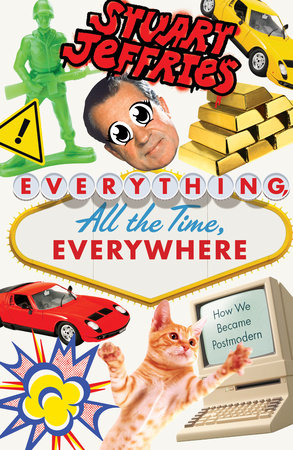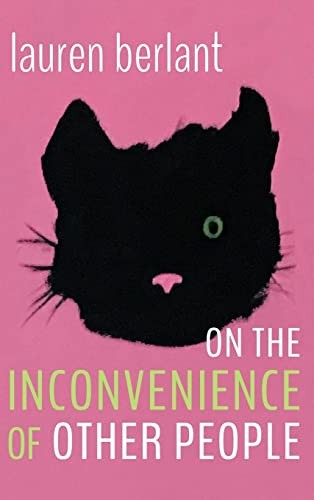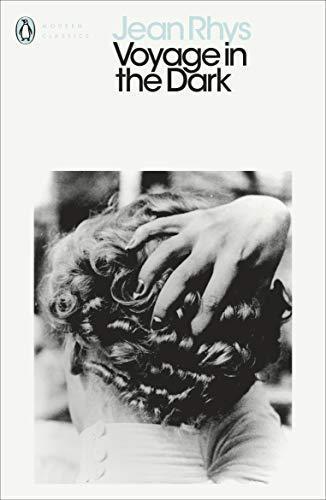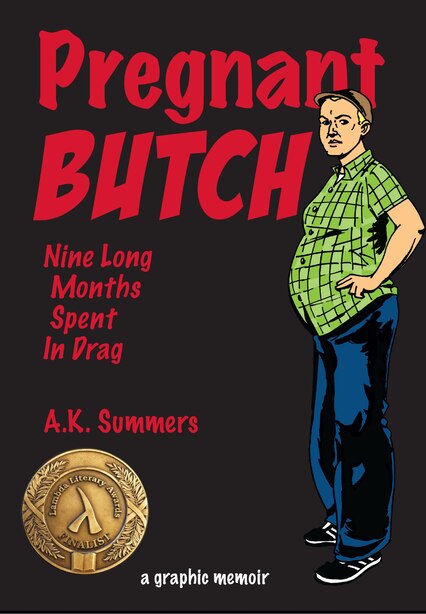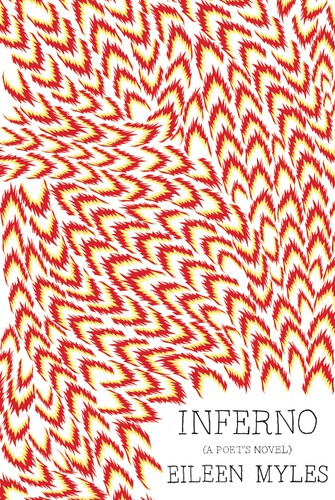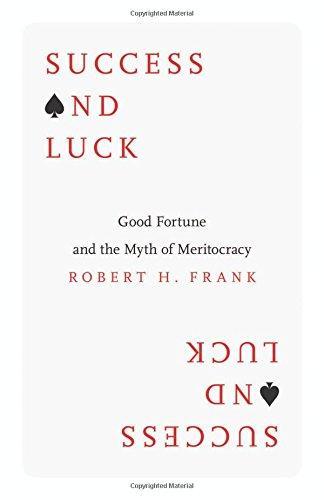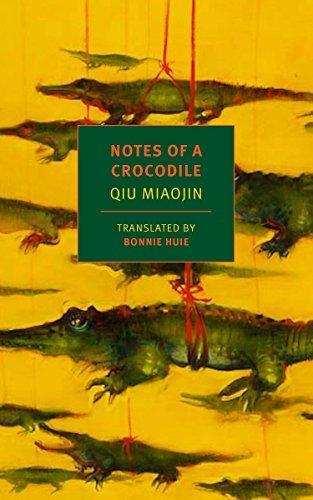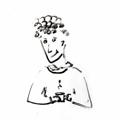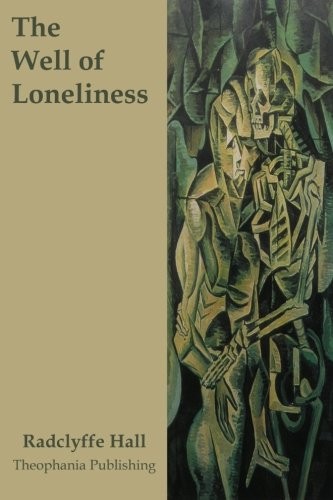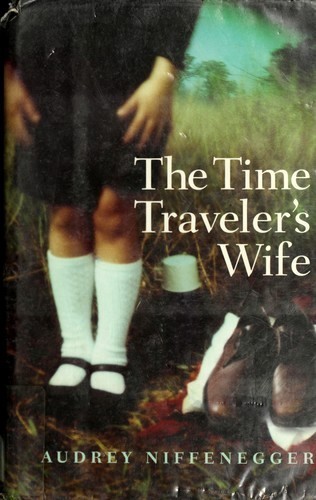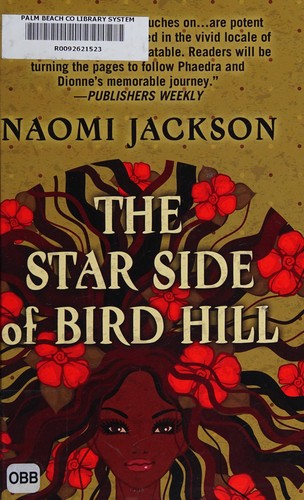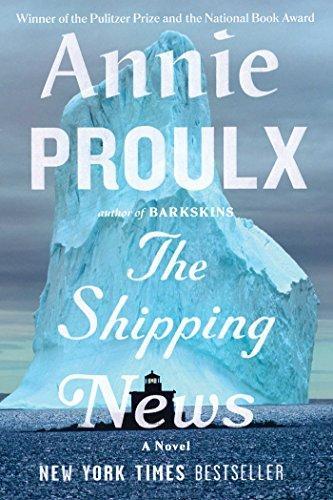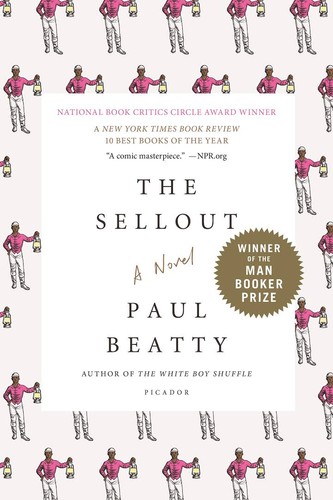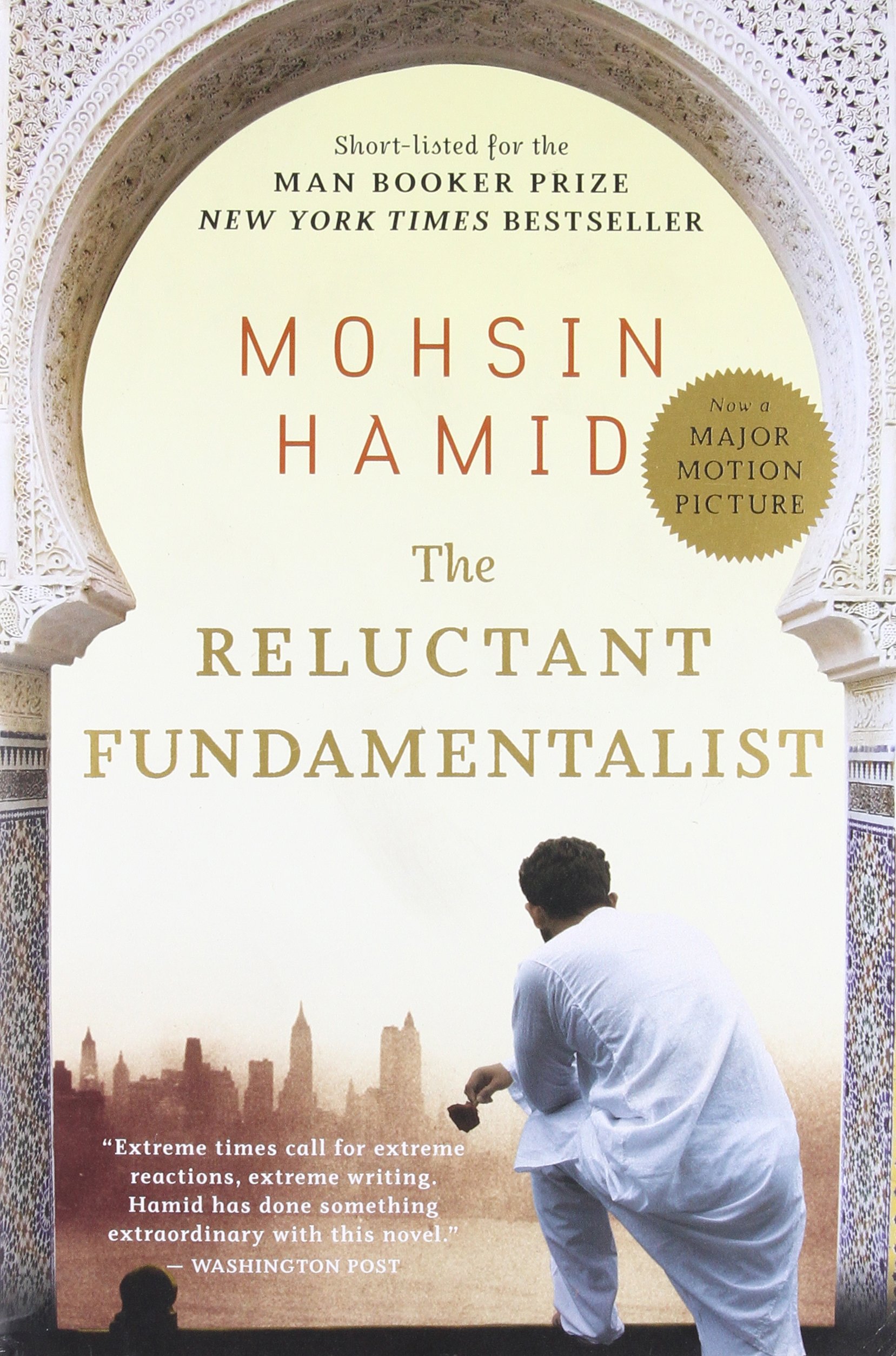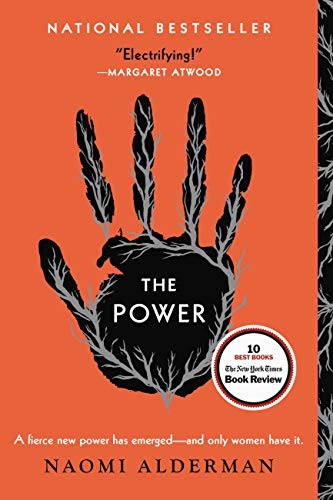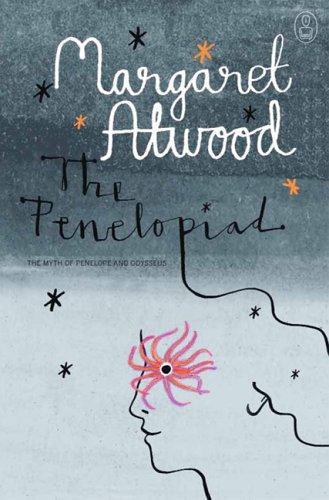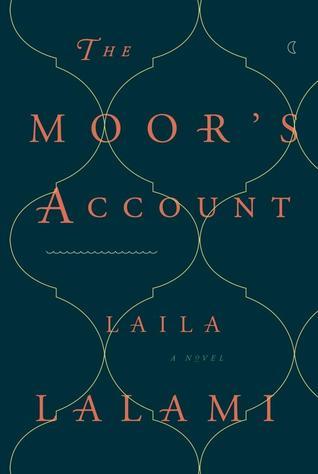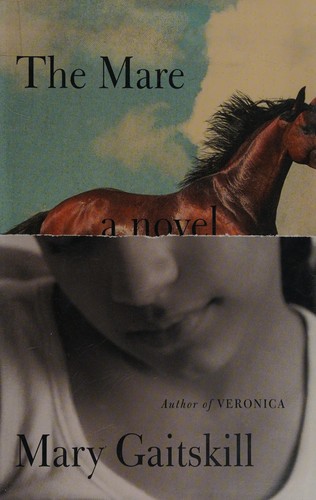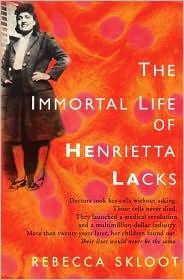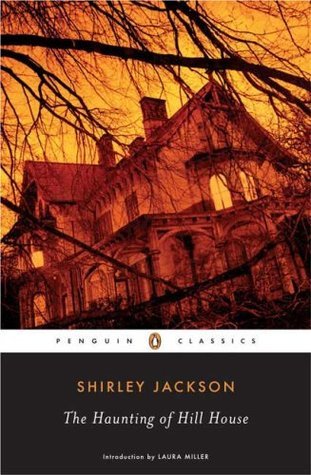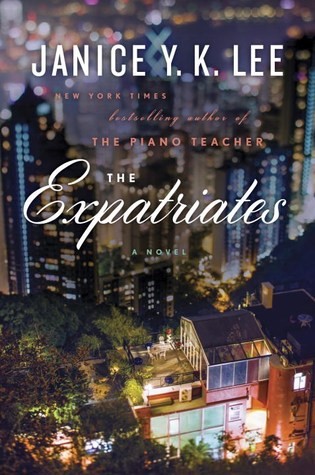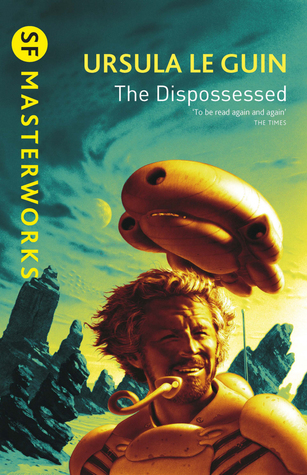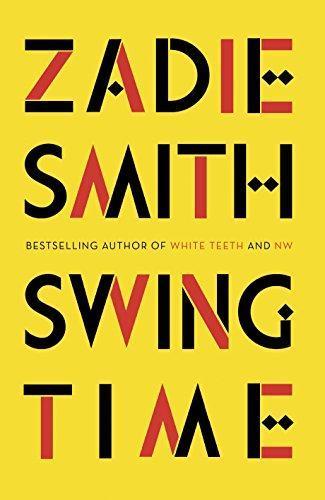ralentina reviewed The Well of Loneliness by Radclyffe Hall
A whiny classic
3 stars
The Well of Loneliness is a great book to read for anyone interested in LGBT history, and European upper-class morality, but it is not a GOOD book. Not because it is classist, racist, homophobic (especially camp-phobic) and militarist - I understand moral standards and understandings of sexuality shift with time. Actually, it is a great chance to get a sense for the world views of a British aristocratic lady. But, there isn't much complexity, nor a desire to question moral judgements except those that directly affect Stephen. And, let's be honest, it is hard to write such a whiny book without being boring (even leaving aside the fact that Stephen's wealth gave her so many options that most lesbian/queer people didn't have).To my mind, there are two redeeming aspects to the book, both more evident in the first part - the one describing Stephen's growing up. First, the honesty and …
The Well of Loneliness is a great book to read for anyone interested in LGBT history, and European upper-class morality, but it is not a GOOD book. Not because it is classist, racist, homophobic (especially camp-phobic) and militarist - I understand moral standards and understandings of sexuality shift with time. Actually, it is a great chance to get a sense for the world views of a British aristocratic lady. But, there isn't much complexity, nor a desire to question moral judgements except those that directly affect Stephen. And, let's be honest, it is hard to write such a whiny book without being boring (even leaving aside the fact that Stephen's wealth gave her so many options that most lesbian/queer people didn't have).To my mind, there are two redeeming aspects to the book, both more evident in the first part - the one describing Stephen's growing up. First, the honesty and 'raw-ness' in the account of Stephen's tomboy childhood, and her feeling of not belonging. And, second, the description of Morton and the Midlands, which really conveyed the author's love for those places (and for the British class system, argh).
